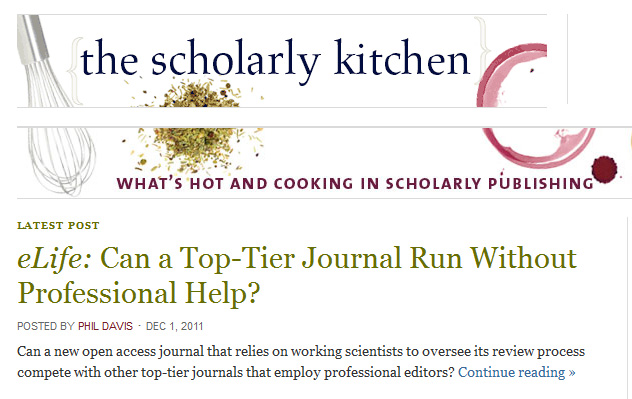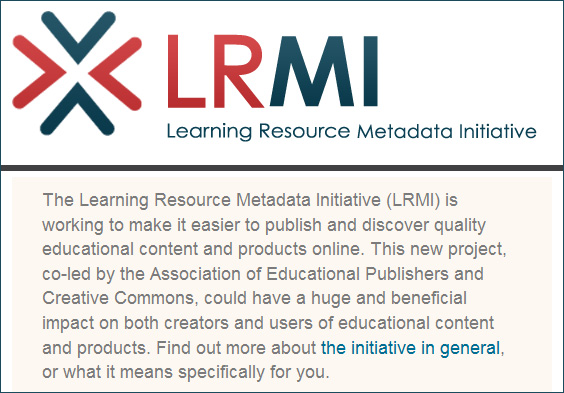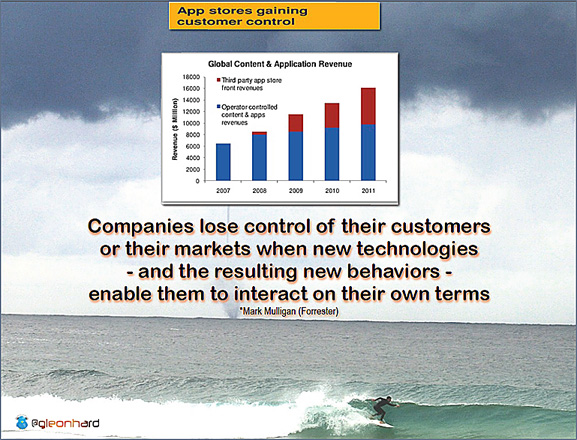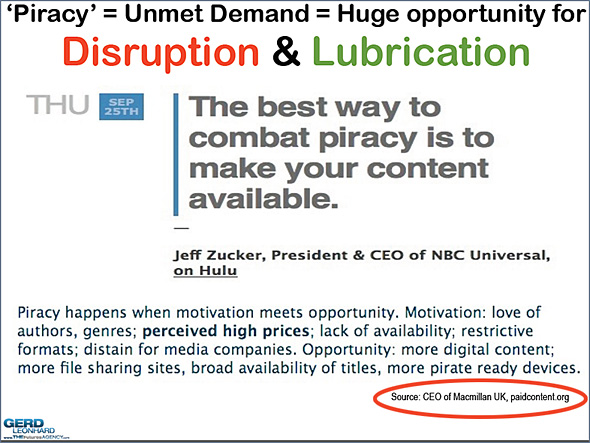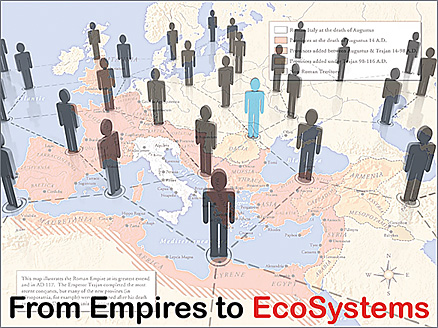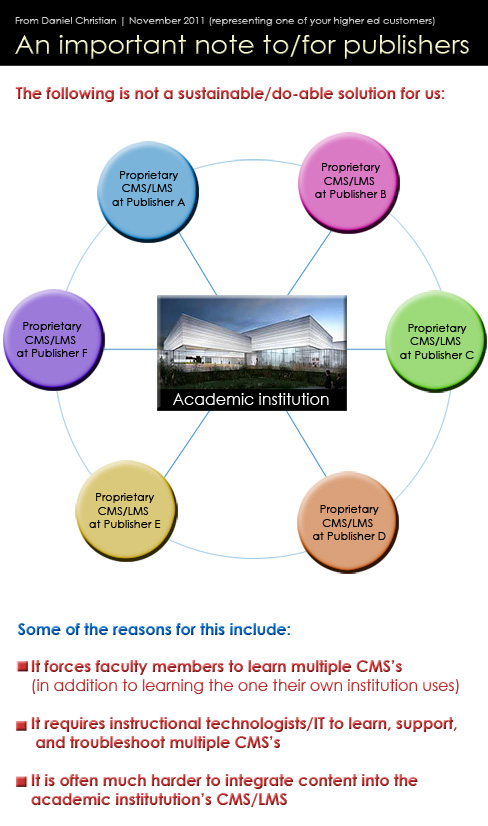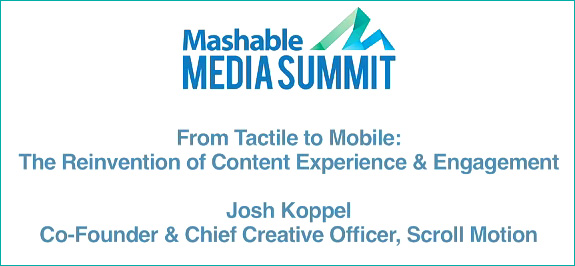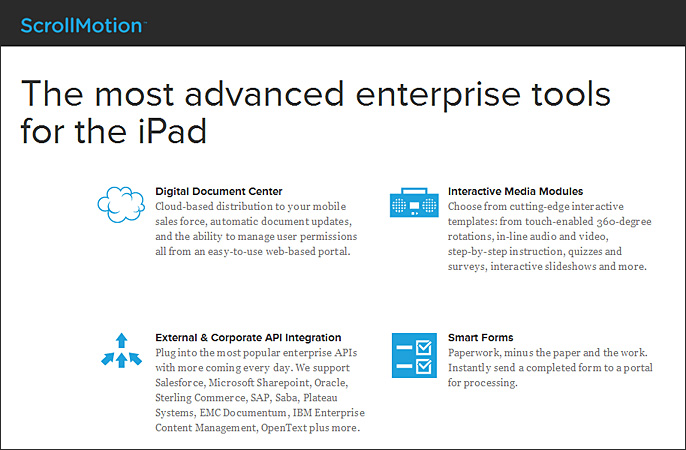Pearson and Google jump into learning management with a new, free system — from The Chronicle by Josh Fischman
Excerpt:
One of the world’s biggest education publishers has joined with one of the most dominant and iconic software companies on the planet to bring colleges a new—and free—learning-management system with the hopes of upending services that affect just about every instructor, student, and college in the country.
Today Pearson, the publishing and learning technology group, has teamed up with the software giant Google to launch OpenClass, a free LMS that combines standard course-management tools with advanced social networking and community-building, and an open architecture that allows instructors to import whatever material they want, from e-books to YouTube videos. The program will launch through Google Apps for Education, a very popular e-mail, calendar, and document-sharing service that has more than 1,000 higher-education customers, and it will be hosted by Pearson with the intent of freeing institutions from the burden of providing resources to run it. It enters a market that has been dominated by costly institution-anchored services like Blackboard, and open-source but labor-intensive systems like Moodle.










